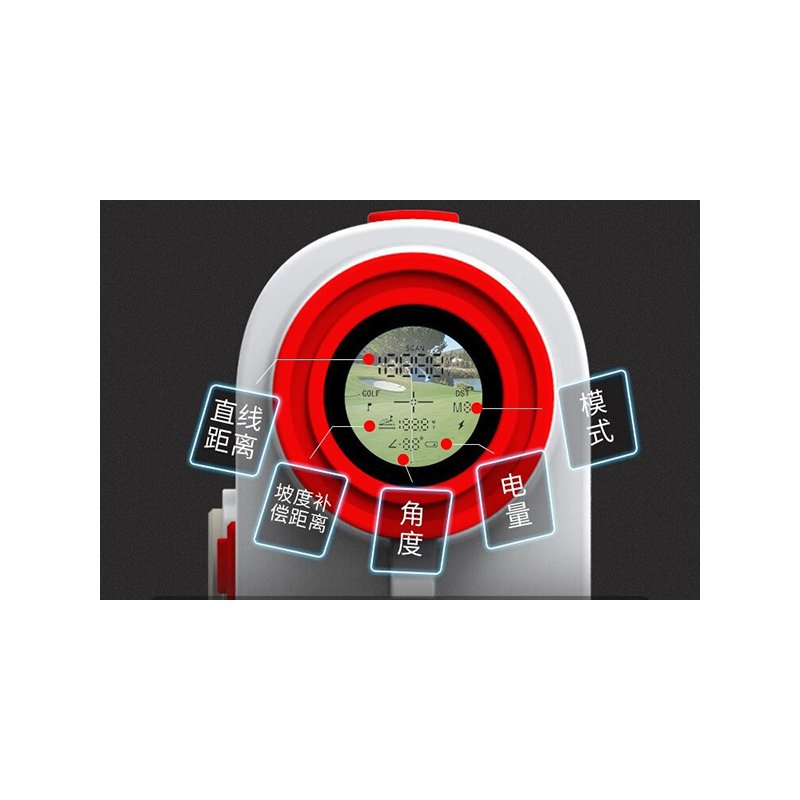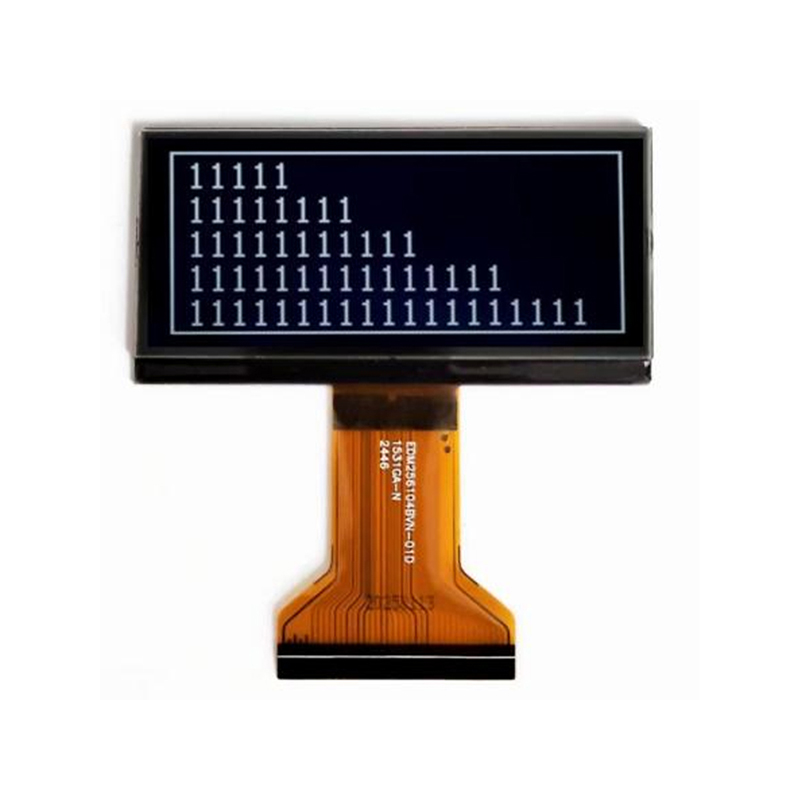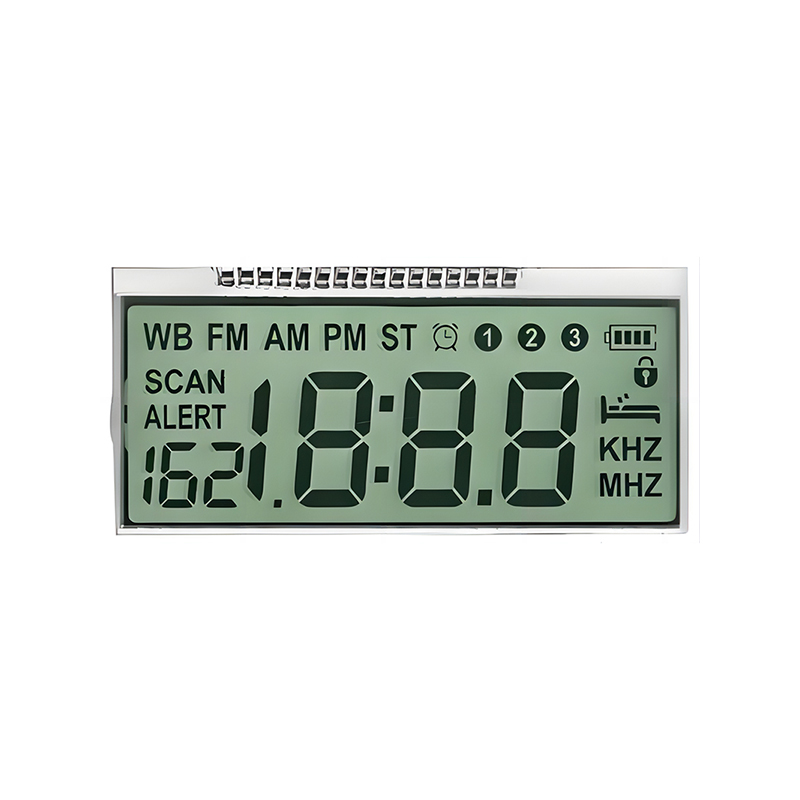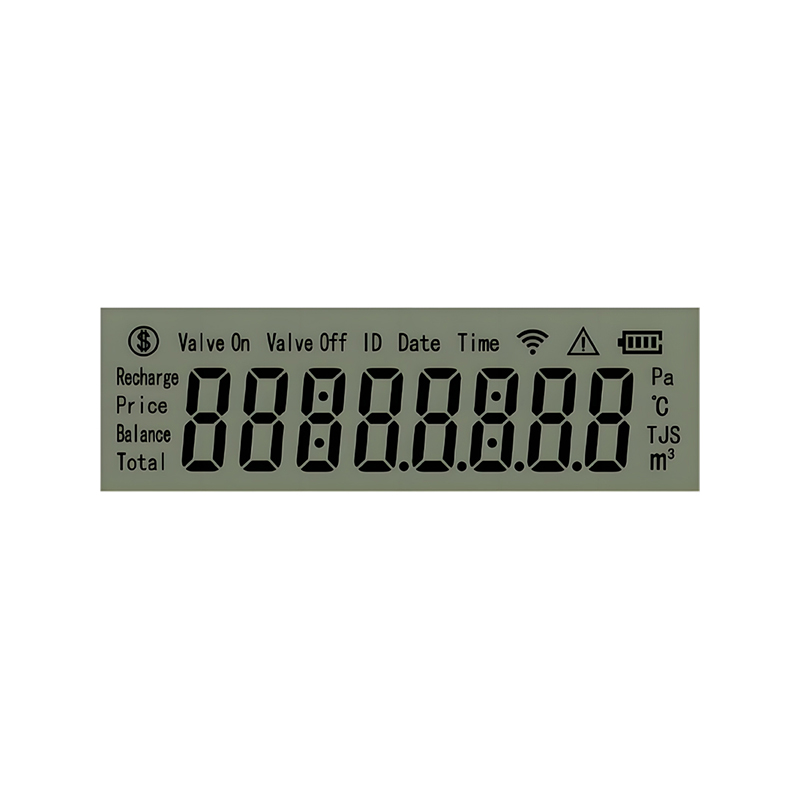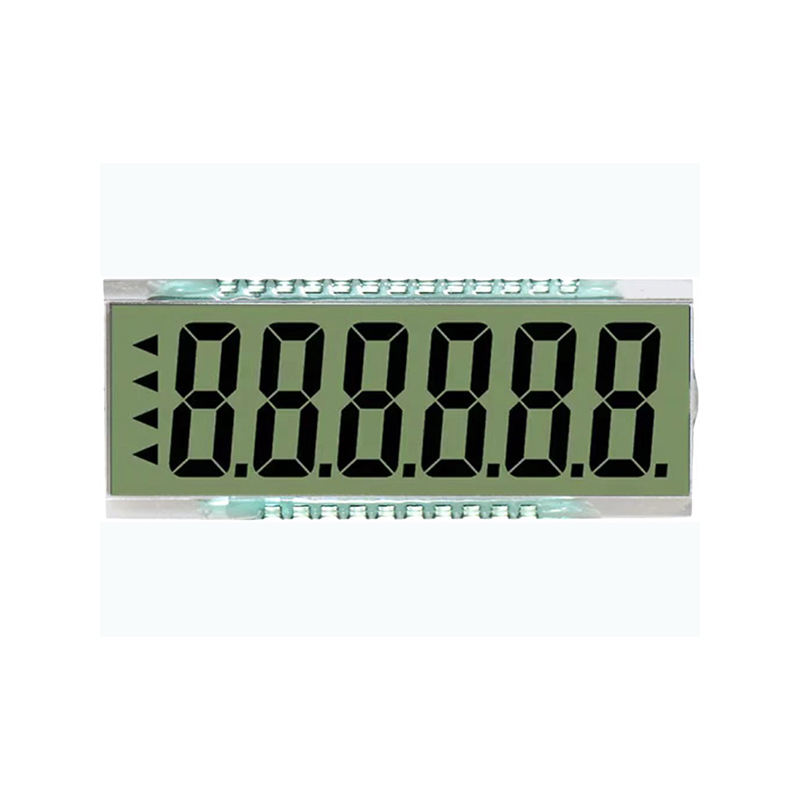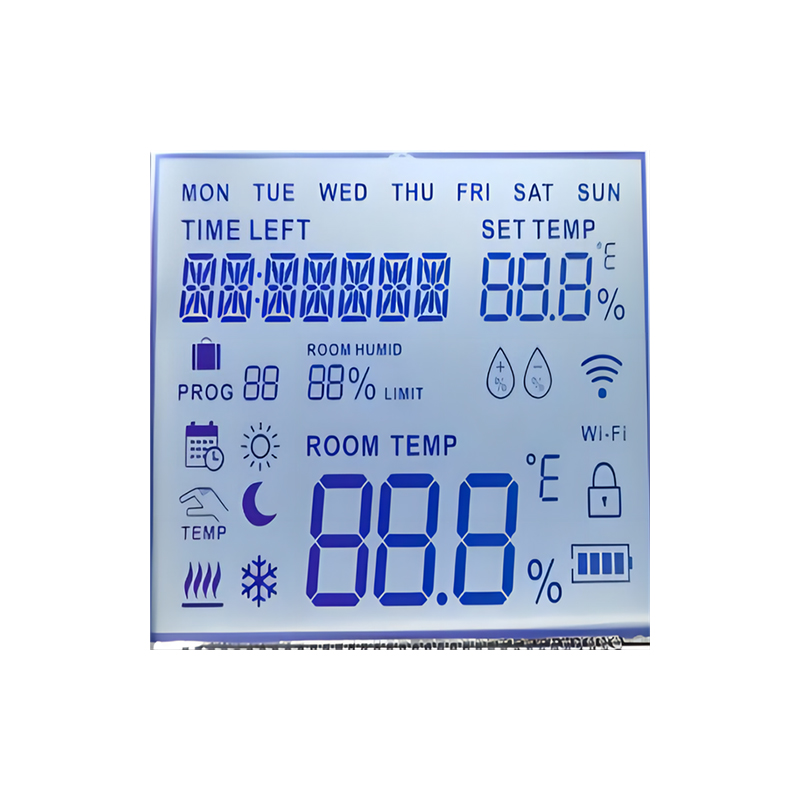
The market offers a diverse range of 2.4 inch TFT displays, each with unique specifications and capabilities. Selecting the right one depends heavily on your specific application. Whether you're building a custom device, replacing a broken screen, or developing a new product, understanding the key features is critical. This guide aims to simplify your decision-making process by exploring the crucial aspects you should consider.
Resolution, measured in pixels (e.g., 320x240), directly impacts image clarity. Higher resolution generally means sharper images and more detail. Pixel density, expressed as pixels per inch (PPI), influences the level of sharpness. A higher PPI results in a crisper, more detailed image. For a 2.4 inch TFT display, common resolutions range from 240x320 to 320x480, depending on the specific model and manufacturer. Consider the level of detail required for your application when making your selection.
Brightness (measured in cd/m2) determines how easily the screen is visible in different lighting conditions. Higher brightness is essential for outdoor use or applications requiring high visibility. Contrast ratio defines the difference between the brightest white and the darkest black. A higher contrast ratio leads to richer, more vibrant colors and better image quality. When choosing a 2.4 inch TFT display, consider the typical lighting conditions where the display will be used.
The viewing angle determines how much the image quality degrades as you change your viewing position. A wider viewing angle is ideal for applications where multiple people might need to view the display simultaneously. This is an important consideration for shared displays or public information systems using a 2.4 inch TFT display. Look for specifications providing the horizontal and vertical viewing angles.
Different 2.4 inch TFT displays come with various interfaces, such as SPI, parallel, or LVDS. The choice depends on the compatibility with your controller board or embedded system. Ensure the selected display's interface aligns with your system's capabilities to ensure smooth operation.
While specific models change frequently, the following table provides a general comparison of features to expect in different 2.4 inch TFT displays. Always refer to the manufacturer's specifications for the most up-to-date information.
| Feature | Model A | Model B | Model C |
|---|---|---|---|
| Resolution | 320x240 | 240x320 | 320x480 |
| Brightness (cd/m2) | 300 | 250 | 400 |
| Viewing Angle | 80/70 | 60/60 | 100/80 |
| Interface | SPI | Parallel | LVDS |
Remember to check with Dalian Eastern Display Co., Ltd. and other reputable manufacturers for the most current product offerings and detailed specifications.
This guide provides a foundation for selecting the ideal 2.4 inch TFT display. Remember to carefully evaluate your application's specific requirements, considering factors like resolution, brightness, viewing angle, and interface compatibility. By understanding these key features, you can make an informed decision and choose the display that perfectly suits your needs. Always consult datasheets from manufacturers for precise details.

